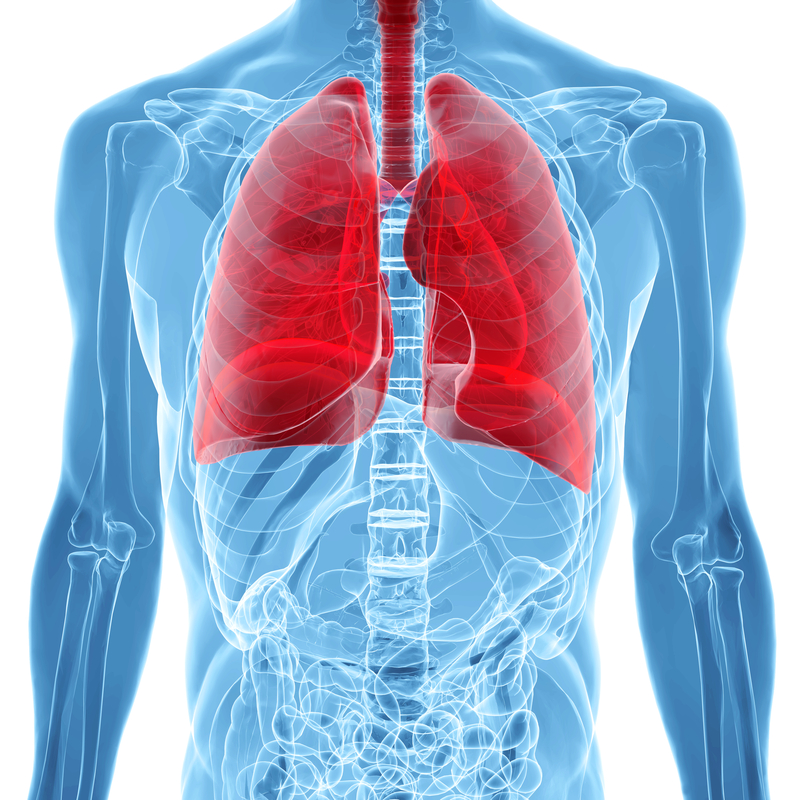
Reprinted with Permission from FLS Partner World Instructor Training Schools (W.I.T.S) www.witseducation.com Written by Michelle Matte Helping people reach their fitness goals can be gratifying and rewarding, but if your fitness job doesn’t pay the bills, you may find yourself looking Read More …






